stable husbandry fermenter microbiology
-
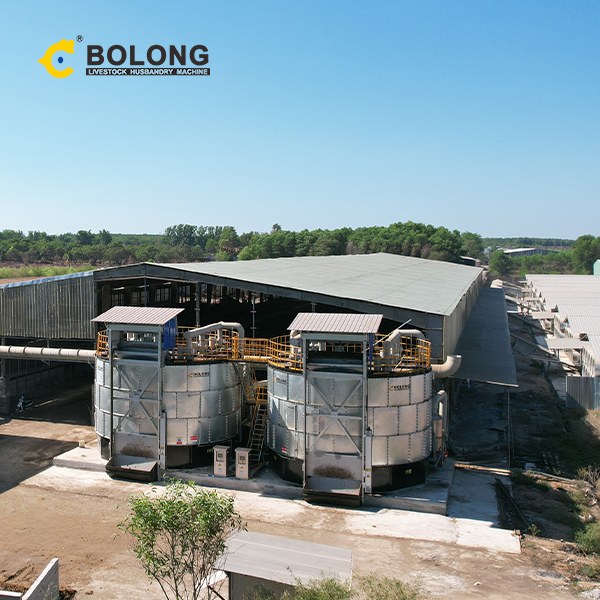
Succession of Bacterial Community During the Initial Aerobic
Frontiers in Microbiology (Mar 2021) . Succession of Bacterial Community During the Initial Aerobic, Intense Fermentation, and Stable Phases of Whole-Plant Corn Silages Treated With Lactic Acid Bacteria Suspensions Prepared From Other Silages
Get Price -
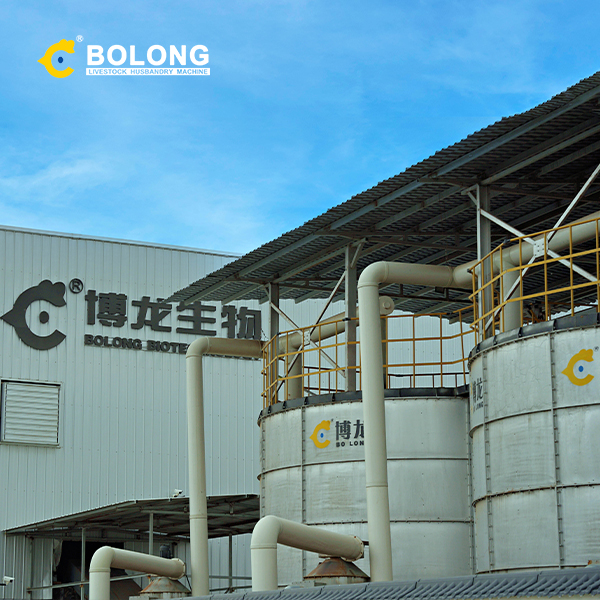
8.4 Fermentation - Microbiology | OpenStax
Organisms carrying out fermentation, called fermenters, produce a maximum of two ATP molecules per glucose during glycolysis. Table 8.2 compares the final electron acceptors and of ATP synthesis in aerobic respiration, anaerobic respiration, and fermentation.
Get Price -
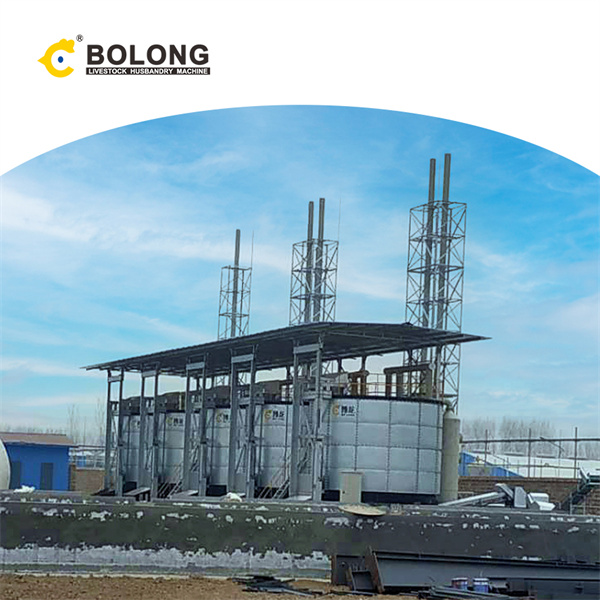
(PDF) Succession of Bacterial Community During the Initial
Mar 26, 2021 · Succession of Bacterial Community During the Initial Aerobic, Intense Fermentation, and Stable Phases of Whole-Plant Corn Silages Treated With Lactic Acid Bacteria Suspensions Prepared From Other
Get Price -
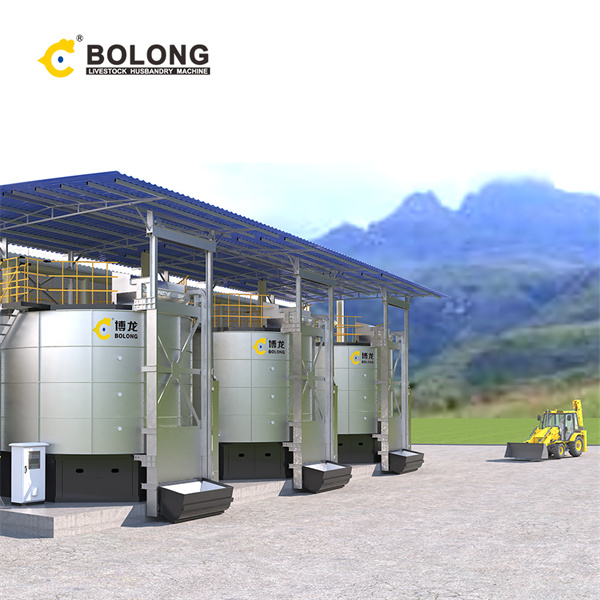
An Overview of Fermenter and the Design Considerations to
Most fermentation is now performed in close system to avoid contamination. Since the fermenter has to withstand repeated sterilization and cleaning, it should be constructed from non-toxic, corrosion-resistant materials. Small fermentation vessels of a few liters capacity are constructed from glass and/or stainless steel.
Get Price -
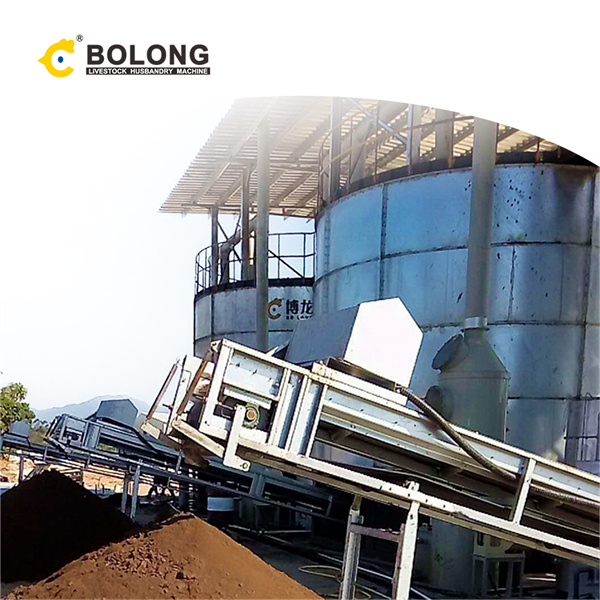
The Probiotic Properties of Lactic Acid Bacteria and Their
Dec 14, 2021 · The intestinal tract of animals is a complex ecosystem in which nutrients, microbiota and host cells interact extensively. Probiotics can be considered as part of the natural microbiota of the gut and are involved in improving homeostasis. Lactic acid bacteria (LAB) is a general term for a class of non-spore forming, gram-positive bacteria whose main product of fermented sugar is lactic acid
Get Price -
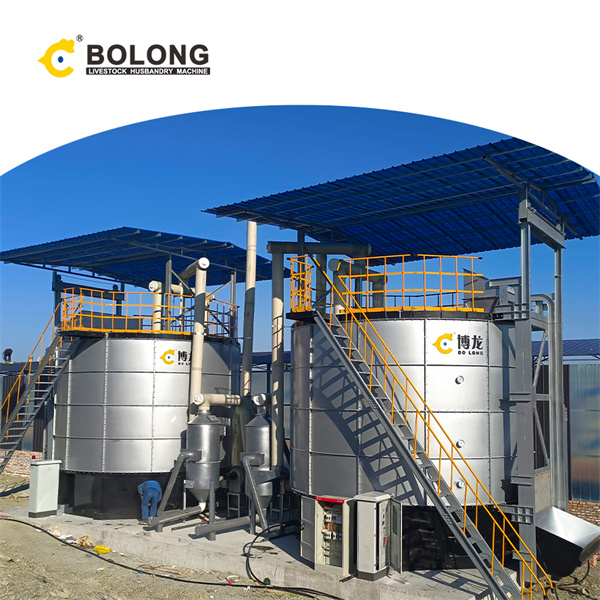
Frontiers | Interaction and Application of Molds and Yeasts
Apr 7, 2022 · Introduction. Traditional fermented food has a long history and is widely distributed in the world. Many countries and regions have local characteristics of traditional fermented food which is indispensable delicacies on the table, such as Chinese spirits, soy sauce and fermented bean curd, Japanese natto and sake, Korean pickles, Italian salami sausage, Caucasia kefir milk, Turkish Tarhana
Get Price -

Microbial Community Analysis of Sauerkraut Fermentation
Despite recent interest in microbial communities of fermented foods, there has been little inquiry into the bacterial community dynamics of sauerkraut, one of the world’s oldest and most prevalent fermented foods. In this study, we utilize 16S rRNA amplicon sequencing to profile the microbial community of naturally fermented sauerkraut throughout the fermentation process while also analyzing
Get Price -
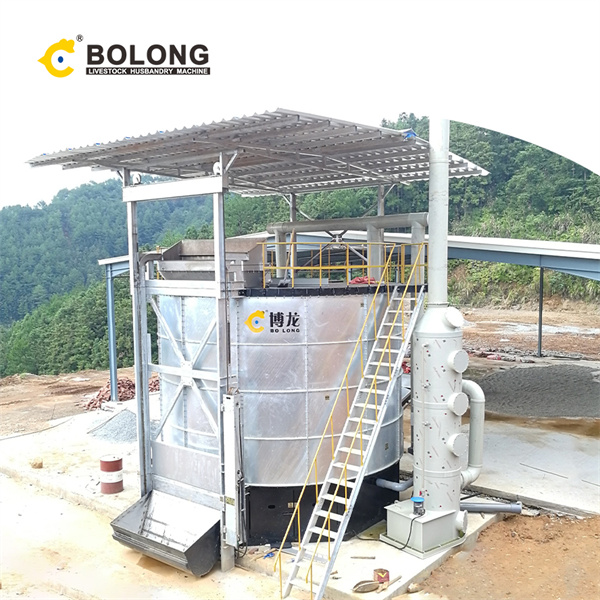
Fermenters: History, Functions and Construction
The design of fermenter involves the co-operation between experts in microbiology, biochemistry, mechanical engineering and economics. Construction of Fermenters: The criteria considered before selecting materials for constructions of a fermenter are: (a) The materials that have no effect of sterilization, and
Get Price -
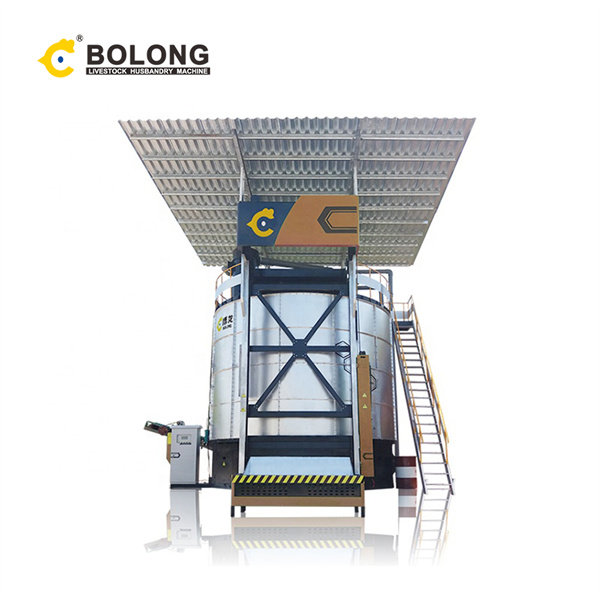
Three-phase succession of autochthonous lactic acid bacteria
Microbial community structure and population dynamics during spontaneous bamboo shoot fermentation for production of 'soidon' (indigenous fermented food) in North-east India were studied using cultivation-dependent and cultivation-independent molecular approaches. Cultivation-dependent analyses (PCR
Get Price -

Fermentation Process of Vinegar | Microbiology
ADVERTISEMENTS: In this article we will discuss about the fermentation process of vinegar, explained with the help of suitable diagrams. Vinegar is the product of a two-stage fermentation. In the first stage, yeast convert sugars into ethanol anaerobically, while in the second ethanol is oxidized to acetic (ethanoic) acid aerobically by bacteria of the genera []
Get Price -
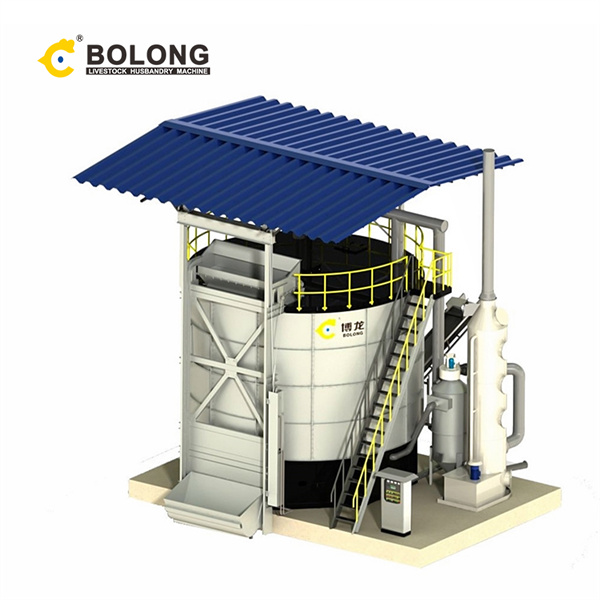
Frontiers | Succession of Bacterial Community During the
Mar 25, 2021 · Additionally, the ensiling fermentation process is highly complex involving many types of microorganisms (Xu et al., 2019), and the process can be divided into four main phases including the initial aerobic phase, intense fermentation phase, stable phase, and aerobic feed-out phase (Weinberg and Muck, 1996; Dunière et al., 2013; Ávila and
Get Price -
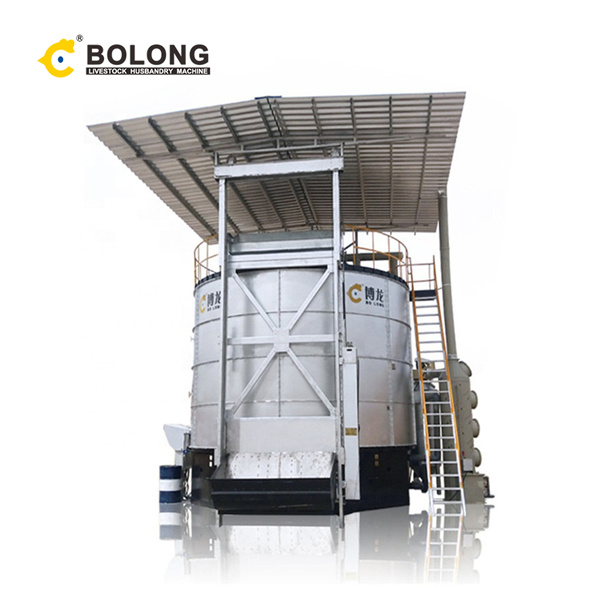
Bioreactor: Design, Principle, Parts, Types, Uses, Diagram
May 23, 2024 · 1. Fermenter Vessel. A fermenter is a large cylinder closed at the top and bottom connected with various pipes and valves. The vessel is designed in such a way that it allows to work under controlled conditions. Glass and stainless steels are two types of fermenter vessels used. The glass vessel is usually used in small-scale industries.
Get Price -
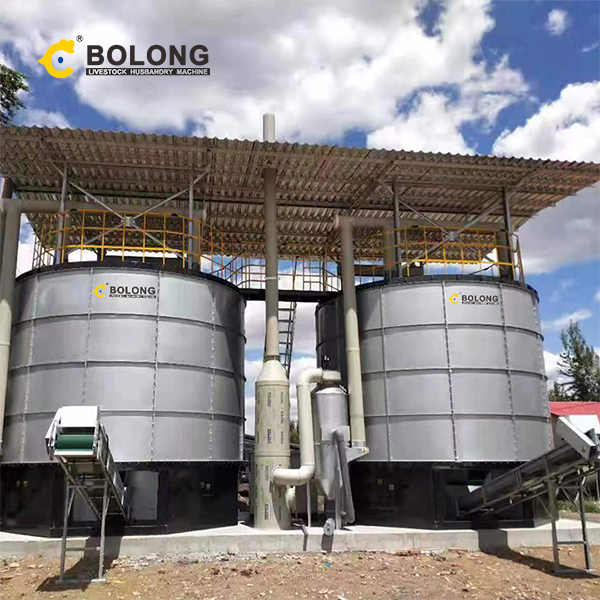
Batch‐batch stable microbial community in the traditional
Sep 1, 2017 · This issue in a traditional semi‐solid‐state fermentation of huyumei broad bean paste was firstly explored. This fermentation process was revealed to be dominated by a high concentration of four aerobic species of Bacillus, a low concentration of B. cereus and a small amount of Zygosaccharomyces rouxii.
Get Price -
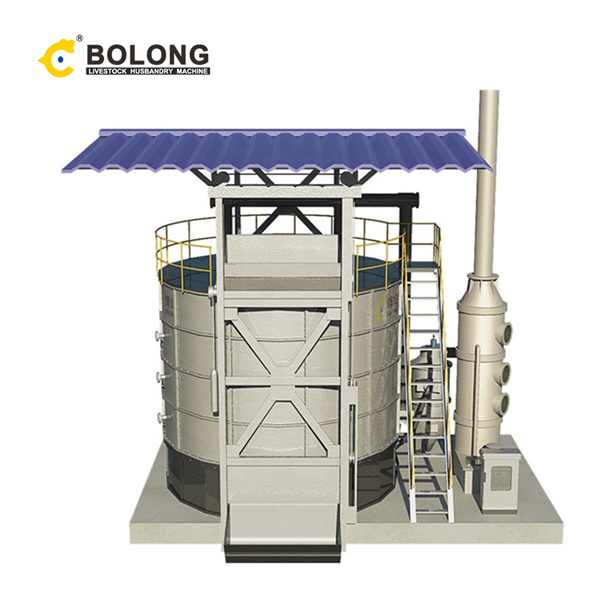
Microbial Bioreactors & Fermenters | Sartorius
The Biostat STR ® Microbial, a single-use (SU) fermenter engineered for microbial applications, combines the advantages of SU with the performance of stainless-steel. It allows fast batch-to-batch turnover for high productivity and has a compact footprint.
Get Price -
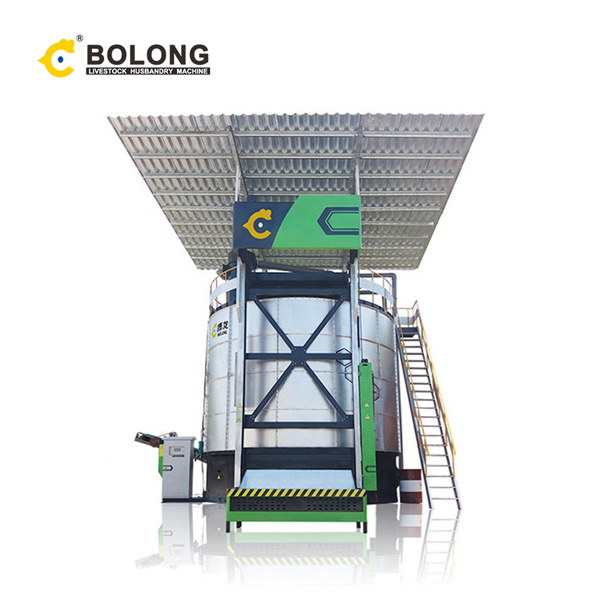
Microbial Safety of Milk Production and Fermented Dairy
May 17, 2020 · The fermentation process is initiated and carried out by commensal microorganisms present in collection and fermentation containers, the environment or from the hands of processors. Lactic acid bacteria (LAB) and yeasts are predominantly involved in traditional African fermentation of dairy products [34,122,127,134,135,136,137].
Get Price